What Does a Career in Science Policy Entail?
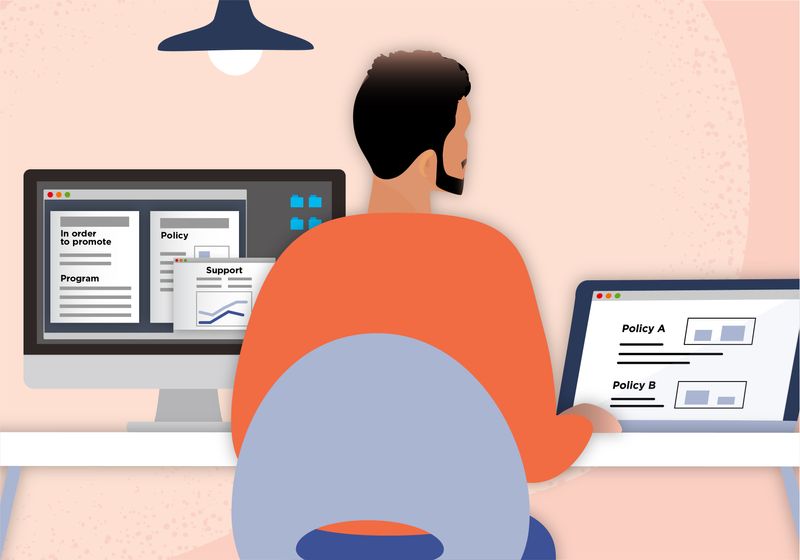
Send us a link

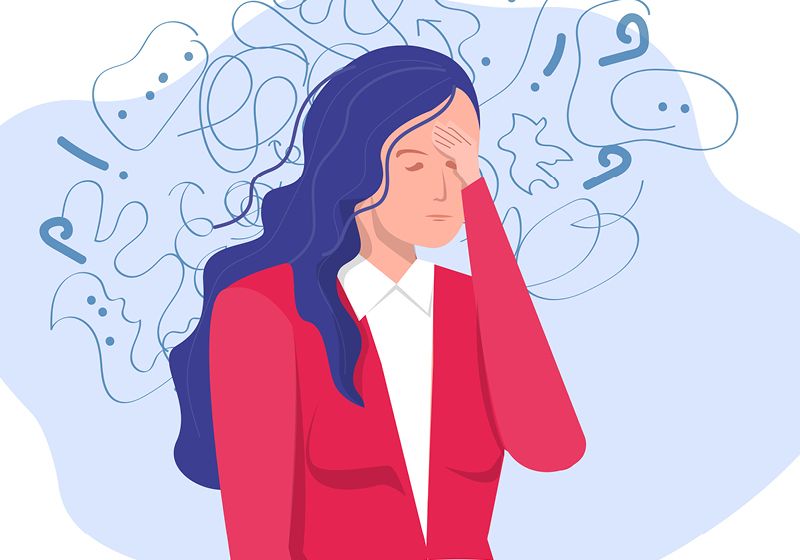
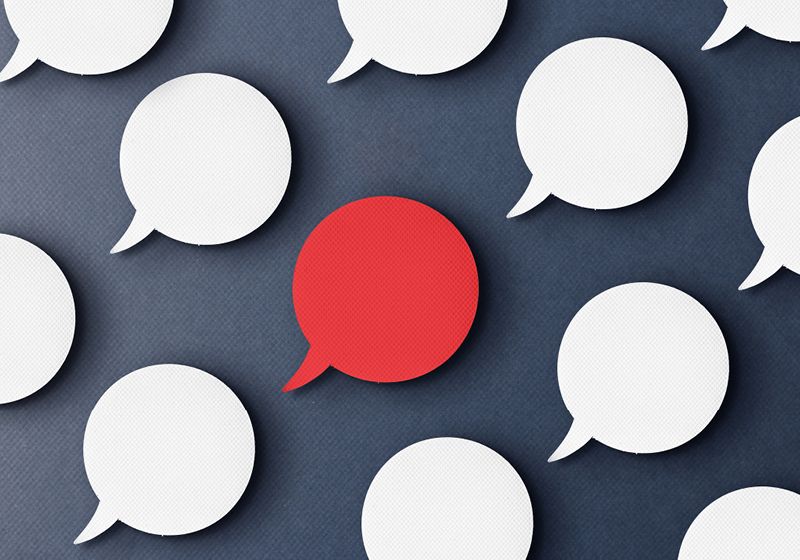
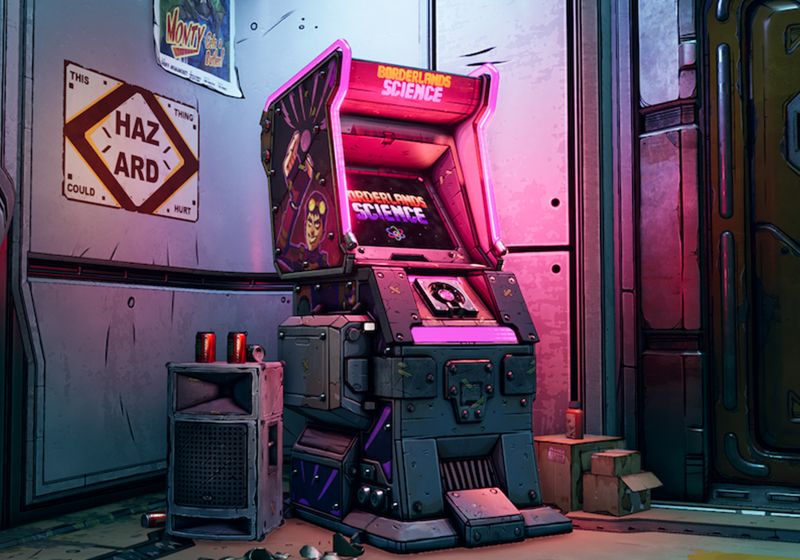
On average, researchers' impact dropped by a half to two-thirds over their careers.

The document, which was facilitated by the European Commission, establishes new benchmarks regarding how research assessments should be performed.
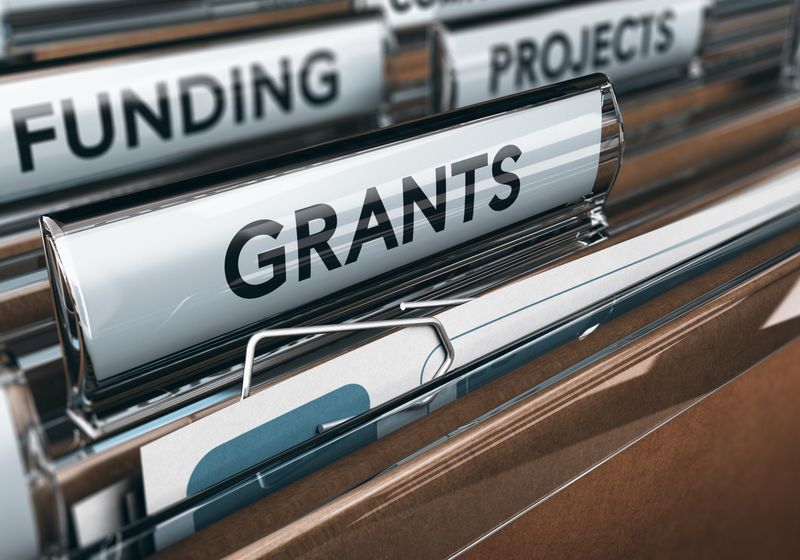
Krimsky warned strenuously about the corrupting power of money in science.
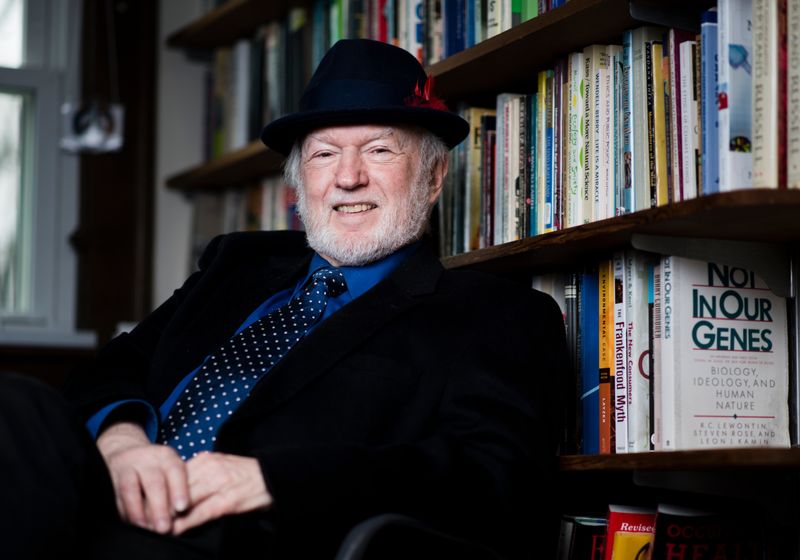
ASAPbio has developed resources for preprint servers, institutions, scientists, and journalists to promote the responsible reporting of research in the media.
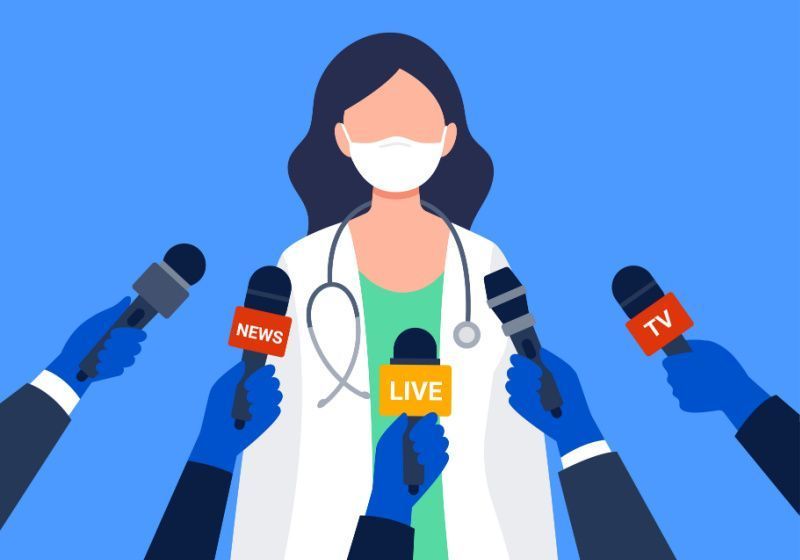
Graduate student advocacy groups were central to designing the program, which provides a semester of funding if a trainee needs time to find a new mentor.
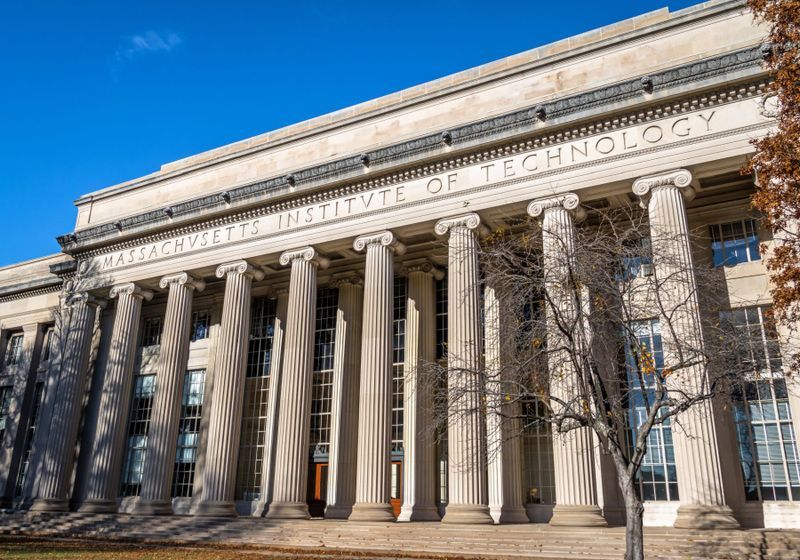
From a self-sampling scientist to the downfall of a leading stem cell scientist, here's our naughty list.

Despite some difficult negotiations, academic institutions in the Netherlands have been securing subscriptions that combine publishing and reading into one fee.
From efforts to increase the transparency of the review process to initiatives offering training, there are many attempts underway to make better reviewers out of researchers.
The use of outdated computational tools is a major offender in science’s reproducibility crisis-and there’s growing momentum to avoid it.
In a gender discrimination lawsuit against the Salk Institute, a female scientist alleges that biologist Inder Verma was dismissive of his female colleagues.
In 2017, scientists, regulators, and publishers clashed in a series of lawsuits, boycotts, mass resignations, and more.
The Good Pharma Scorecard finds some big pharmaceutical companies are meeting legal standards for disclosing results—but many studies still go unreported.
Leonard Freedman, president of the Global Biological Standards Institute, discusses the causes of irreproducible science and his latest effort to spread best practices.
An analysis of a collection of open-access datasets quantifies their benefit to the scientific community.
Nature Plants explains how it handled a manuscript coauthored by Patrice Dunoyer, a biologist with multiple retractions to his name.
The Chinese government finds almost 500 researchers guilty of misconduct in relation to a recent spate of retractions from a cancer journal.
Experts debate how best to point researchers to reputable publishers and steer them away from predatory ones.
Computational scientists develop a system for spotting data overdue for public release, and end up getting hundreds of open-access datasets corrected.

We suggest a centralized facility for submitting to journals—one that would benefit scientists and not only publishers.
When firing Allen Braun, the NIDCD also barred his colleagues from publishing data collected over a 25-year period.